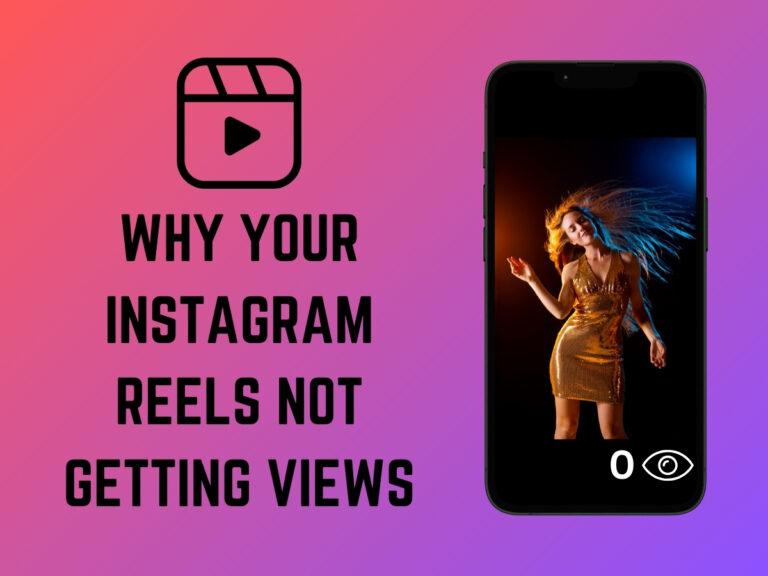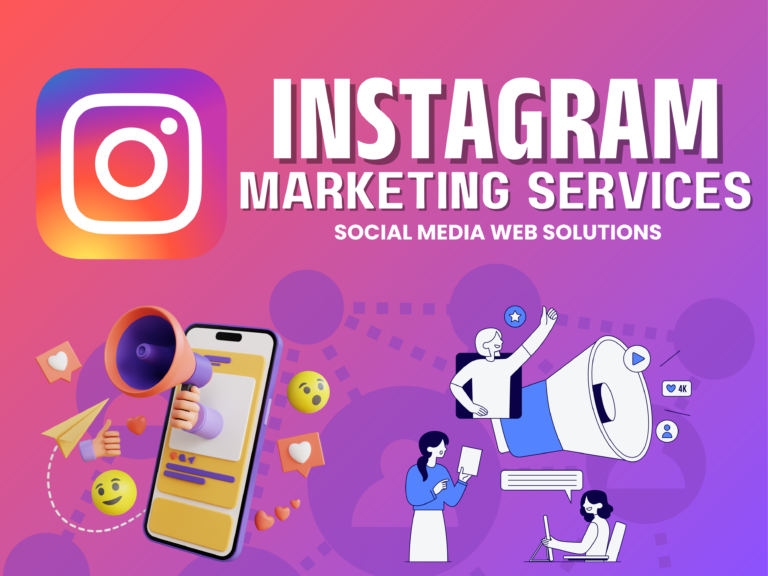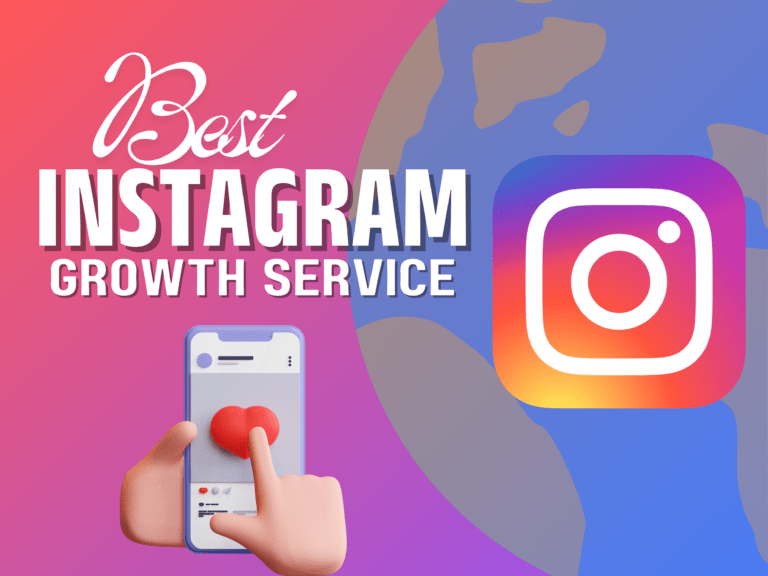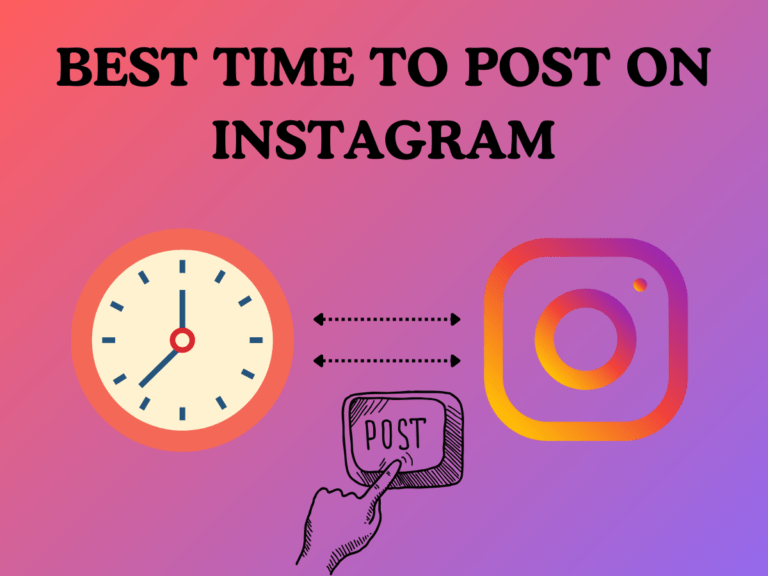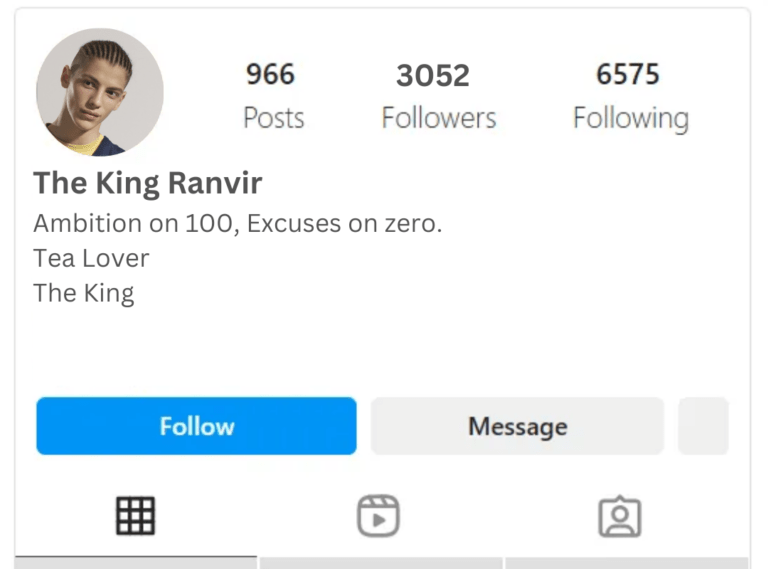
What is Social Media Marketing ?
Social Media Marketing (SMM) is a Digital Marketing Strategy that involves using social media platforms to promote and market products, services, or brands. The primary goal of social media marketing is to connect with the target audience, build brand awareness, drive website traffic, and ultimately achieve business objectives.
Key components of social media marketing include :
Content Creation :

Creating and sharing content on social media platforms. This content can include text, images, videos, infographics, and more. It should be tailored to the platform and engage the audience, Content Creation is a fundamental aspect of any successful digital marketing strategy, including social media marketing. Effective content engages your audience, builds brand awareness, and drives desired actions.
Audience Engagement :

It is the dynamic interaction and connection between a brand or content creator and their audience, particularly on social media platforms. Actively interacting with the target audience through comments, likes, shares, and direct messages. Building a community around your brand is crucial for social media success.
It goes beyond simply broadcasting messages and involves fostering meaningful conversations, building relationships, and encouraging active participation from followers.
This two-way communication is essential for creating a sense of community and brand loyalty. Brands achieve audience engagement by responding to comments and messages, asking questions, running interactive campaigns such as contests and giveaways, and showcasing user-generated content. The goal is to make the audience feel heard, valued, and involved, ultimately deepening their connection with the brand. Successful audience engagement not only enhances the visibility and reach of content but also contributes to a positive brand image and customer loyalty.
In the ever-evolving landscape of social media, fostering genuine and reciprocal relationships with the audience is a cornerstone of effective digital marketing strategies.
Paid Advertising:

It is a marketing strategy where businesses pay to promote their products, services, or content on various platforms to reach a specific target audience. Utilizing paid advertising options on social media platforms to reach a wider audience. This can include sponsored posts, display ads, and other paid promotional strategies. In the digital age, paid advertising commonly occurs online, encompassing channels such as search engines, social media, and display networks.
This method allows advertisers to boost the visibility of their offerings and increase the likelihood of reaching potential customers. Examples of paid advertising include sponsored search engine results, display ads on websites, and promoted content on social media platforms.
The effectiveness of paid advertising often relies on carefully crafted ad copy, targeting parameters, and budget allocation. Advertisers can track the performance of their campaigns through analytics, adjusting strategies based on data to optimize return on investment.
While organic methods focus on naturally gaining visibility, paid advertising offers a more immediate and controlled approach to reaching a specific audience in the competitive landscape of digital marketing.
Social Media Analytics:

This refers to the process of collecting, measuring, interpreting, and analyzing data generated through social media platforms. Monitoring and analyzing the performance of social media campaigns using analytics tools. This helps in understanding what works and refining strategies for better results. It involves the examination of various metrics and key performance indicators (KPIs) to assess the effectiveness of social media marketing efforts and understand audience behavior.
Social media analytics tools provide valuable insights into engagement, reach, demographics, and other important factors, helping businesses and marketers make informed decisions. Metrics such as likes, shares, comments, click-through rates, and follower growth are commonly tracked to gauge the impact of content and campaigns.
Additionally, sentiment analysis can be employed to understand the overall tone of audience interactions.
By leveraging social media analytics, businesses can refine their strategies, identify trends, and tailor content to better resonate with their target audience, ultimately optimizing their social media presence for greater success in the digital landscape.
Influencer Marketing:

It is a strategic collaboration between brands and individuals with a significant following on social media platforms. Collaborating with influencers or individuals with a significant following on social media to promote products or services. This leverages the influencer’s credibility and reach. These influencers, often considered experts or authorities in their respective niches, have the ability to sway the opinions and behaviors of their followers. In influencer marketing, brands partner with these individuals to promote their products or services.
The influencers create content featuring the brand, sharing it with their audience through posts, stories, videos, or other formats. This form of marketing capitalizes on the trust and authenticity that influencers have built with their followers, aiming to reach a wider audience and establish credibility. Successful influencer marketing campaigns align the brand with the influencer’s values and resonate with the target demographic.
As a result, influencer marketing has become a prominent strategy for businesses seeking to leverage the reach and influence of individuals within the social media landscape to enhance brand visibility and drive engagement.
Social Media Platforms:

Its a online services or applications that facilitate the creation, sharing, and exchange of user-generated content. These platforms provide virtual spaces for individuals and businesses to connect, communicate, and interact with each other. Social media has evolved into a diverse ecosystem, with each platform catering to different types of content and audience demographics.
Major social media platforms include Facebook, a comprehensive network for connecting with friends and family; Instagram, a visual-centric platform for sharing photos and short videos; Twitter, known for its real-time microblogging and news updates; LinkedIn, focused on professional networking; Pinterest, a platform for discovering and sharing visual content; and TikTok, a short-form video platform popular among younger audiences. Each platform has its unique features, user base, and content formats, making them suitable for various marketing strategies. As a result, businesses often choose specific platforms based on their target audience and the nature of their content to effectively engage with users and build a strong online presence.
Choosing the right social media platforms based on the target audience. Common platforms include Facebook, Instagram, Twitter, LinkedIn, Pinterest, and TikTok.
Consistency and Strategy:

It is a integral components of successful social media management. Consistency involves maintaining a regular and predictable presence on social media platforms. This includes posting content at scheduled intervals, using a cohesive visual theme, and ensuring a uniform brand voice. Consistency builds trust and reliability with the audience, keeping them engaged over time.
On the other hand, strategy encompasses the thoughtful planning and execution of social media activities to achieve specific goals. This involves identifying target audiences, choosing appropriate platforms, setting objectives, and determining the type of content to be shared. A well-defined strategy ensures that social media efforts align with overall business objectives. Effective social media strategies also consider trends, analytics, and audience feedback, allowing for continuous improvement. Combining consistency and strategy creates a dynamic and reliable online presence, fostering audience engagement, brand loyalty, and ultimately contributing to the success of the broader digital marketing efforts.
Maintaining a consistent posting schedule and having a well-defined strategy is crucial for the success of social media marketing. This includes setting goals, identifying the target audience, and planning content.

